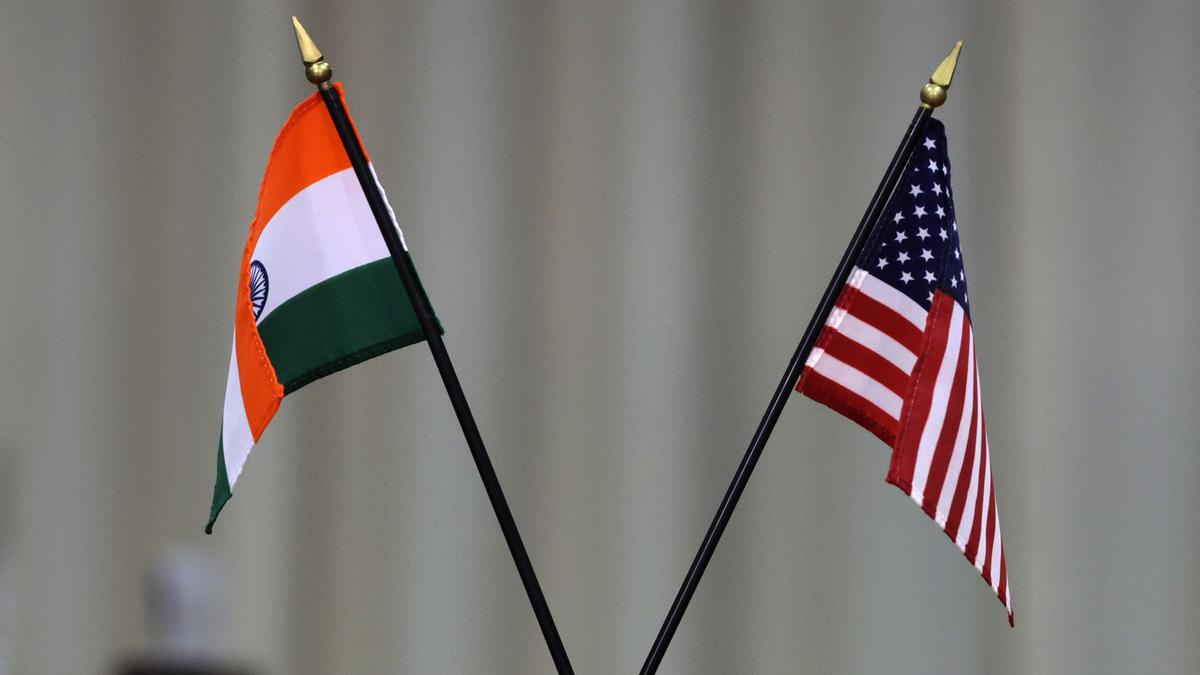Now Reading: U.S. Delegation to Visit India on August 25 for Trade Pact Talks
-
01
U.S. Delegation to Visit India on August 25 for Trade Pact Talks
U.S. Delegation to Visit India on August 25 for Trade Pact Talks

Speedy Summary:
- A U.S. trade delegation will visit India on August 25, 2025, for the sixth round of negotiations on a proposed bilateral trade agreement.
- The interim trade deal is being finalized before an critically important August 1 deadline marking the suspension period for high tariffs imposed by U.S. President donald Trump.
- Previous rounds of talks concluded last week in Washington between india’s Special Secretary Rajesh Agrawal adn U.S. Trade Representative Brendan Lynch.
- Key Indian concerns include high tariffs (26% additional tariff) on various goods and issues around steel, aluminum (50%), auto sector (25%), textiles, gems, agriculture products, chemicals, etc.
- India has so far resisted concessions in dairy and agriculture sectors under free-trade agreements while reserving retaliatory measures under WTO rights.
- The U.S. seeks duty concessions on electric vehicles, industrial goods, wines, petrochemical products as well as agricultural items like genetically modified crops and tree nuts.
- India’s merchandise exports to the U.S. reached $25.51 billion (+22.8%) in Q2 FY2025; imports increased by 11.68% to $12.86 billion.
Indian Opinion Analysis:
The upcoming round of talks reflects the complexities underlying Indo-U.S. trade relations where each party is defending key economic priorities amid rising geopolitical stakes globally. India’s resistance to concessions in agriculture reflects its long-standing protective stance toward sensitive sectors like dairy and food security which often face domestic pushback from farmers’ organizations fearing external competition.
Simultaneously, India’s effort to ease tariffs relating to labor-intensive industries underscores its commitment to supporting export-oriented sectors crucial for employment generation while boosting competitiveness globally against strict tariff regimes.
From a broader perspective involving both nations’ stated bargaining interests across automotive tech/electric vehicles vs agri-import dependence suggests delicate interplays shaped nearer-term global supply-chain-modulation imperatives balancing local pressure aims mandating ‘give-receive dynamics flexibility forward synergic-driven-action-leaps counter-force-moves neutrality-offdata framing ethically
Link.






















